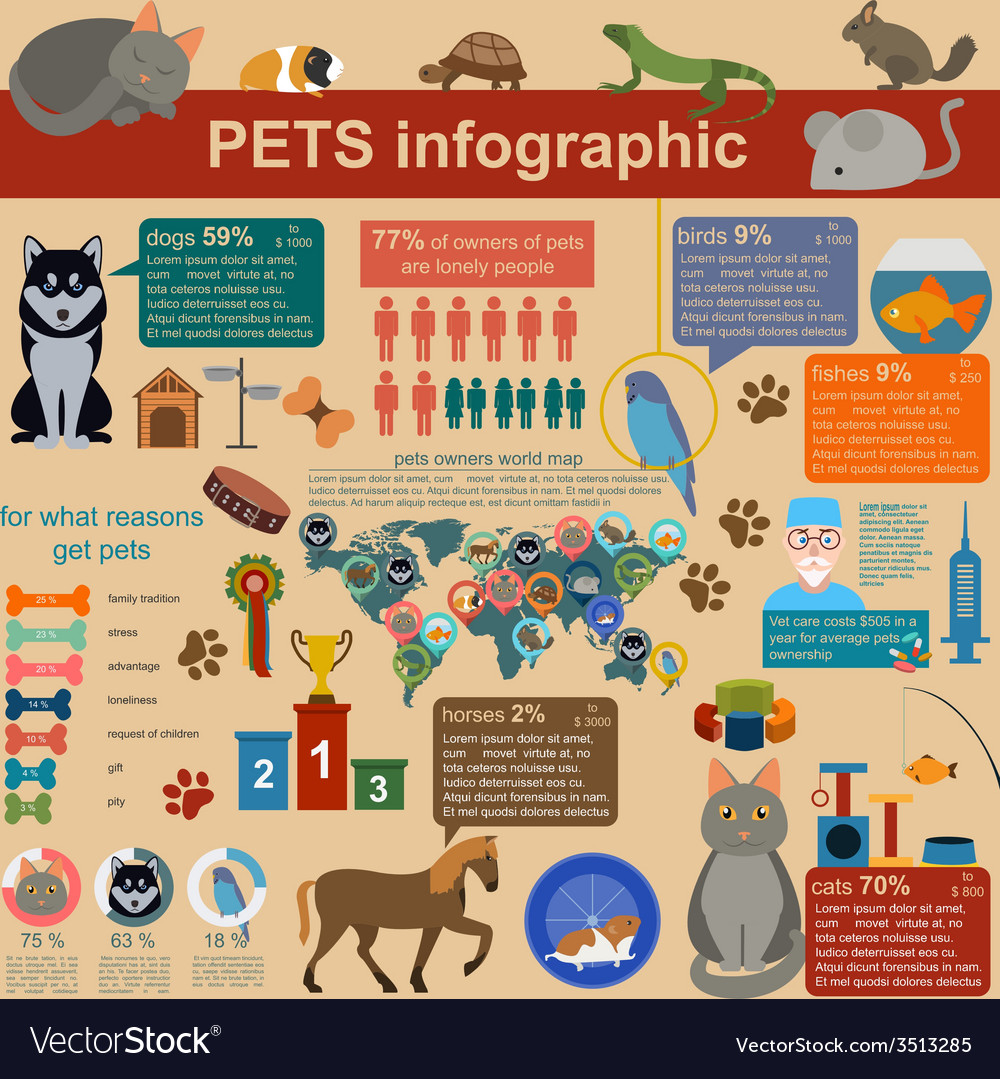Dog Daycare Design Ideas
Dog Daycare Design Ideas
Blog Article
What Vaccinations Are Needed For Pet Dog Childcare?
Whether your pets hang around at childcare or boarding centers, they require to be updated on all of their needed vaccinations. Core vaccines include Bordetella, rabies and DA2PP, which defend against usual conditions that pet dogs are subjected to when in close contact with others.
Non-core injections include canine flu and leptospirosis shots. These are suggested for dogs that mingle with various other canines regularly.
Core Vaccines
As a critical part of precautionary treatment, canine vaccinations help maintain pets safe from contagious diseases sent with direct call or contaminated surface areas. Injections stimulate the body immune system to create antibodies that deal with illness, and most veterinarians consider core pet injections to be crucial for all family pets.
Rabies
Most reliable pet day care centers require that your pet dog be up to day on their rabies vaccination. Inoculations are provided to pups as early as 12-16 weeks old, and boosters are required every three years or two until their adult years. Rabies is a deadly viral illness that spreads out through saliva, normally from bites. A lot of states require rabies vaccinations for all pets and cats, and some also mandate rabies boosters for pet owners.
Distemper/Parvovirus/Adenovirus (DHPP).
This mix vaccine covers canine distemper, parvovirus, liver disease, and adenovirus, every one of which are highly infectious. Most veterinary workplaces offer DHPP injections as one shot or in a collection of two to four shots, provided 2-4 weeks apart, adhered to by an annual booster. This vaccine is a requirement for most boarding and doggy daycare facilities, as well as numerous groomers.
Bordetella/Canine Parainfluenza Injection.
Bordetella bronchiseptica, frequently referred to as kennel coughing, is an extremely transmittable respiratory system infection brought on by the microorganisms that creates the condition. Signs and symptoms consist of relentless coughing, sneezing, nasal discharge, and high temperature. A lot of kennel coughing break outs happen in congested atmospheres, such as day care or boarding facilities, and are especially common in warmer weather. This vaccine is a need for the majority of childcare and boarding centers, and is commonly used in a combination with the DHPP vaccine.
Leptospirosis Vaccine.
This is a bacterial condition that spreads out with polluted water, soil, and pee. Infection can create kidney and liver damages, in addition to death, and is transmissible to humans. Most veterinarians will certainly suggest this vaccine, based on geographical place and way of life of the pet, for dogs that spend time outdoors or at boarding centers, in addition to some groomers. This injection is usually carried out as a collection of two to four shots, spaced 2-4 weeks apart, with a yearly booster required for many pets.
Lyme Condition Injection.
The most usual tick-borne illness in the United States, Lyme disease is sent by the deer tick and can lead to fever, joint discomfort, muscle mass soreness, and anorexia nervosa. The Lyme illness vaccine shields versus the most widespread stress of the virus, consisting of the H3N8 and H3N2 stress. Most vet clinics advise this injection, particularly in risky areas, such as the Northeast, top Midwest, Mid-Atlantic, and along the Pacific coastline.
Noncore Vaccines.
Various other pet dog vaccines, while not essential for all animals, are recommended based upon the dog's way of living and geographical location. dog kennels and boarding These consist of the following:.